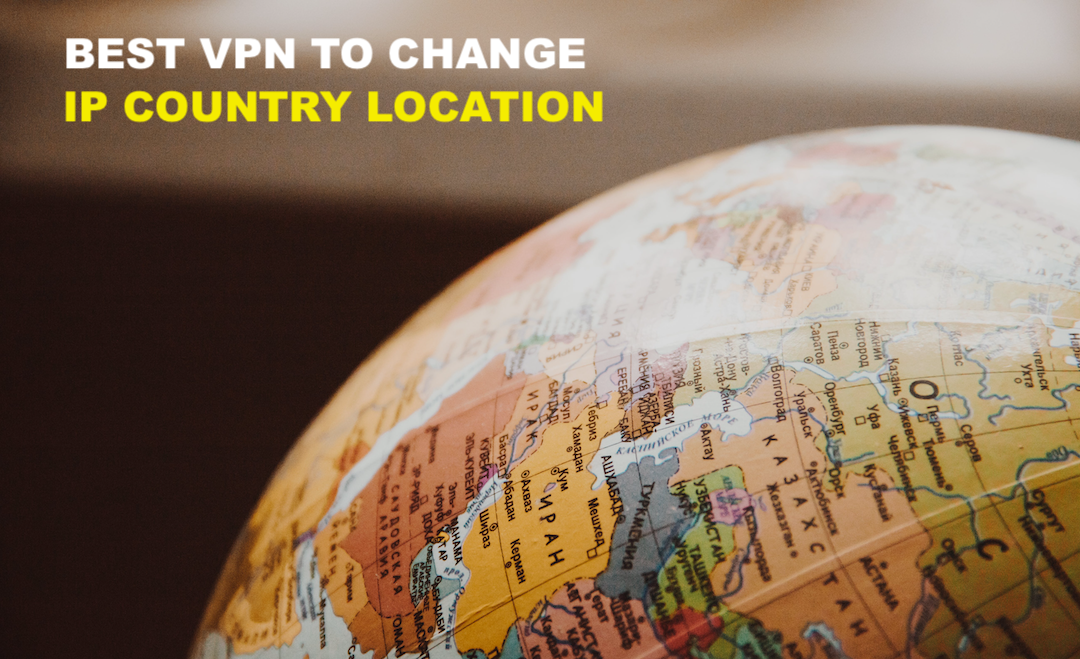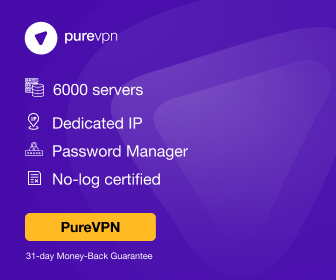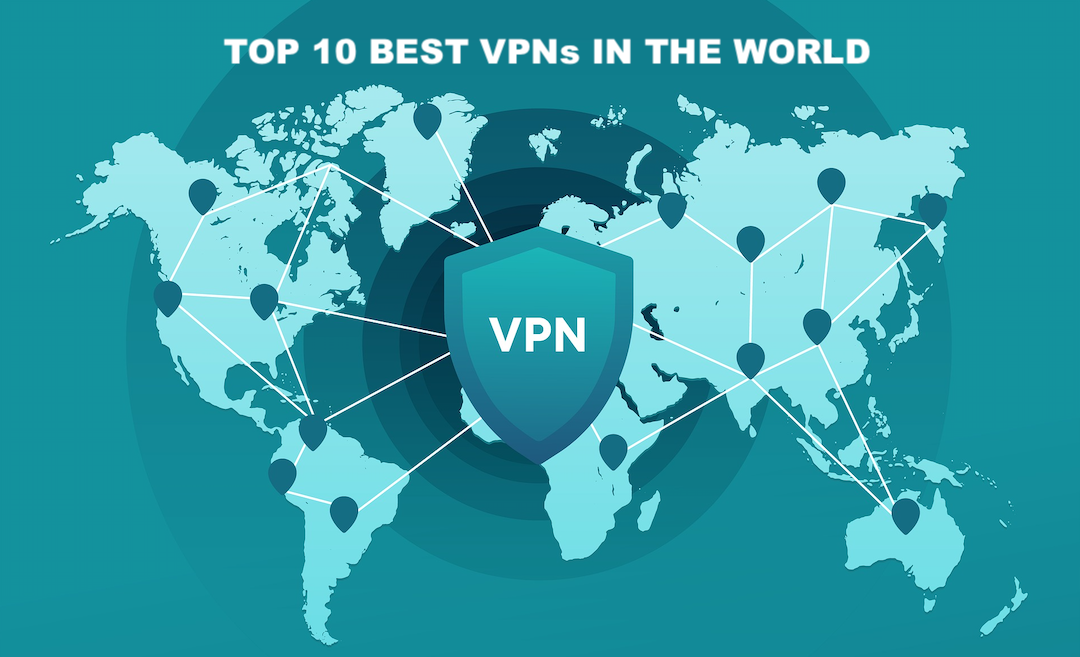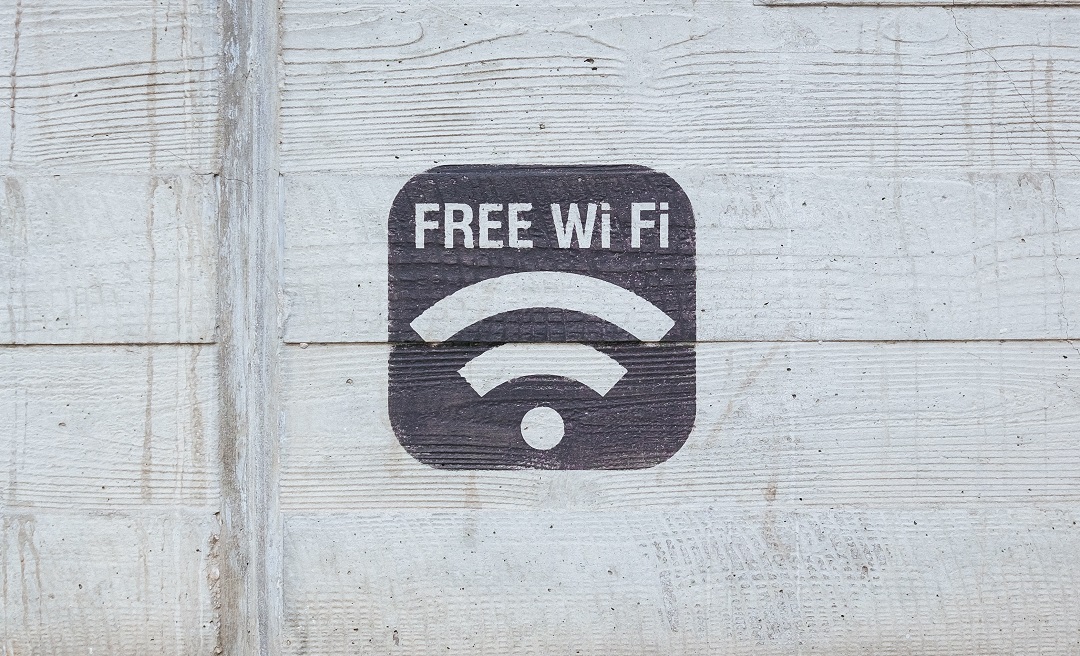
VPN services have become increasingly popular over the years. You will see many websites like Tech Radar or Mighty Gadget reviewing various VPN services, and they generally all get favorable reviews, which can make it hard to decide which to choose.
With so many people claiming a VPN is a must-have, it is worth looking at what a VPN is and what the benefits are.
What is a VPN?
A VPN, or Virtual Private Network, is a service that creates a secure connection over the internet. It does this by creating a secure connection between your device and the chosen VPN server, then all your Internet activity will be relayed via this server.
The main benefit of this is that it masks your true IP address with the IP address of the VPN server, with all your Internet traffic being encrypted between you and the VPN.
This prevents anyone from easily identifying your IP address, which could be used for anything from trying to hack your router/PC or taking legal action against you (if you were doing something legally questionable).
It will also change your location to wherever the server is based, which is perhaps the main reason why most consumers use a VPN.
Benefit of Changing the VPN Country Location
There are many reasons why you may want to change the location of your IP address. For most people, this will be to bypass geo-restrictions or to access different regional content on services like Netflix.
My personal favorite is the use of a VPN to subscribe to services at a much lower cost than in my home country; many people have successfully done this with services like Netflix and Spotify. Here are some of the main reasons why you would want to change the location of your IP:
1. Bypassing Geo-Restrictions and Censorship
- Access to Geo-Blocked Content: Many streaming services offer different libraries of movies, TV shows, and music based on the user's geographic location. By changing your VPN country, you can access content that's not available in your region.
- Circumventing Censorship: In countries with strict internet censorship, changing your VPN location to a country with more liberal internet laws can provide access to blocked websites and services.
2. Improved Privacy and Anonymity
- Enhanced Online Anonymity: By connecting to a VPN server in a different country, you make it more challenging for third parties to track your online activities back to your actual location.
- Avoiding Local Surveillance: Switching to a server in a country with stringent privacy laws can help shield your online activities from local government surveillance and data retention laws.
3. Safe and Secure Internet Use, Especially While Travelling
- Secure Browsing on Public Wi-Fi: When you're traveling and reliant on public WiFi, changing your VPN location to a more secure country can provide an additional layer of security against local threats.
- Maintaining Access to Home Services: Travellers can use a VPN to connect to a server in their home country to continue accessing banking services, local news, and streaming services that might be restricted abroad.
4. Shopping and Services
- Better Deals and Prices: Prices for flights, hotels, and other services can vary based on your location. By changing your VPN country, you might find more favorable prices.
- Access to International Marketplaces: Online shopping platforms sometimes offer different products or variations based on the user's location. A VPN can provide access to these international options.
5. Testing and Research
- SEO and Marketing Research: Changing your VPN location allows digital marketers to see how websites and ads appear in different regions, which is crucial for targeted marketing strategies.
- Website Testing: Web developers can use a VPN to test how their websites perform and appear in different countries, ensuring a consistent user experience globally.
6. Gaming
- Access to Games and Servers: Gamers can change their VPN location to access games that are released earlier in certain regions or to play on servers with a more active community in different time zones.
- Reduced Lag and Better Ping: Connecting to a game server closer to the VPN server can potentially reduce lag and improve ping times, enhancing the gaming experience.
How to Change VPN Location
Almost all VPN services will have server locations around the world, and changing the location is simply a case of selecting the server location from the VPN app.
Best Paid VPNs
There are hundreds, if not thousands, of VPN services to choose from. In general, all the well-known names are good choices; they all consistently have deep discounts for 2-year subscriptions. You should be able to pick up a couple of years of service for under $60/£50.
Often, VPN reviews on websites will also have special links or discount codes to get the best deals.
It is worth taking into consideration the privacy of a VPN. There is an intelligence-sharing alliance with many countries called 5 Eyes, 9 Eyes, and 14 Eyes Alliances. In theory, if you do anything illegal on a VPN that is based within one of these countries, they could potentially share your data with authorities. In reality, most VPNs have a zero-log policy, and it is unlikely a country would be aggressive about identifying people downloading content illegally or other minor offenses.
The services below are all highly recommended, with a large number of servers, fast speeds, attractive pricing, and excellent privacy.
1. NordVPN
- Security: NordVPN is renowned for its strong encryption and advanced security features like Double VPN and Onion over VPN.
- Speed: Offers impressive speeds, making it suitable for streaming and gaming.
- Servers: Has a vast network of over 5,000 servers in 60 countries.
- User-Friendly Interface: Easy to use across various devices and platforms.
- Privacy Policy: Strict no-logs policy, ensuring your data isn’t stored or tracked.
2. ExpressVPN
- Widespread Server Network: Offers more than 3,000 servers across 94 countries.
- Speed: Known for its high-speed connections, ideal for streaming high-definition content.
- Security: Strong encryption and trusted server technology.
- Ease of Use: User-friendly apps for a multitude of devices.
- Privacy: Strong commitment to user privacy with a verified no-logs policy.
3. CyberGhost
- Server Coverage: Over 7,000 servers in 90+ countries.
- User-Friendly: Simple and intuitive interface, great for beginners.
- Dedicated Servers: Offers servers optimized for specific tasks like streaming and torrenting.
- Security: Robust encryption and security features.
- No-Logs Policy: Adheres to a strict no logs policy.
4. Surfshark
- Unlimited Devices: One of its standout features is offering unlimited simultaneous connections.
- CleanWeb: Blocks ads, trackers, and malicious links.
- NoBorders Mode: Allows you to use the VPN in restrictive regions.
- Speed: Generally provides good speeds for streaming and downloading.
- Affordable: Offers competitive pricing plans.
5. Private Internet Access (PIA)
- Massive Server Fleet: Boasts a large number of servers globally.
- Strong Encryption: Provides robust encryption options.
- Customizable Settings: Offers advanced users a lot of customization.
- Price: Generally more affordable than some other top VPNs.
- Supports 10 Devices: Can be used simultaneously on up to 10 devices.
6. ProtonVPN
- Security Focus: Known for its strong focus on security and privacy.
- Free Version Available: Offers a free version with limited features.
- No-Logs Policy: Ensures privacy with a strict no logs policy.
- Secure Core Servers: Provides additional security by routing traffic through multiple servers.
- Tor Over VPN: Offers integrated support for the Tor network.
Best Free VPNs
There are plenty of free VPN options, which are great if you need to switch your IP location for a specific reason (for example, getting discounted subscription rates).
However, you have realistic expectations and be cautious about what you install.
Free VPNs often have limitations compared to their paid counterparts and can sometimes compromise security and privacy. However, there are a few reputable free VPNs that provide a decent level of service for casual use.
1. ProtonVPN
- Unlimited Data: One of the few free VPNs that offer unlimited data.
- Security and Privacy: Strong encryption and a strict no-logs policy.
- Speed: Offers decent speeds, but the free version has limited access to servers, which can impact speed.
- Server Locations: Free users have access to servers in three countries.
- No Ads: Does not display ads, which is uncommon for a free VPN.
2. Windscribe
- Data Allowance: Provides 10GB of data per month if you confirm your email address, which is generous for a free VPN.
- Security Features: Strong encryption and a no-logs policy.
- Server Access: Free users can access servers in 10 countries.
- Ad Blocking: Includes an ad and malware blocker.
- Multi-platform Support: Available on a wide range of devices.
3. Hotspot Shield
- Daily Data Limit: Offers 500MB of data per day, which totals about 15GB per month.
- Ease of Use: User-friendly interface, making it a good choice for VPN beginners.
- Speed: Decent speeds for a free VPN, but the free version only allows access to a single US server.
- Security: Uses strong encryption, but the free version is supported by ads.
4. TunnelBear
- Monthly Data Cap: Offers 500MB of data per month, which can be increased to 1GB if you tweet about the company.
- User-Friendly: Has an engaging, easy-to-use interface, suitable for those who are new to VPNs.
- Security: Strong encryption and a clear no-logs policy.
- Server Locations: Access to all the same countries as the paid version.
5. Hide.me
- Data Limit: Offers 10GB of data per month, which is quite generous.
- Privacy-Focused: Adheres to a no-logs policy and offers robust privacy protections.
- Speed: Provides reasonable speeds, with access to five server locations for free users.
- P2P Support: Supports P2P connections, which is not always available in free VPNs.
Things to Consider with Free VPNs
- Data Limits: Most free VPNs have data caps or bandwidth limitations.
- Speed Restrictions: Free VPNs often have fewer servers and more users per server, leading to slower speeds.
- Privacy Concerns: Some free VPNs may log and sell your data to third parties for revenue.
- Limited Features: Features like kill switches, multiple simultaneous connections, and access to a wide range of servers are typically reserved for paid plans.
Conclusion
The surge in popularity of VPN services is undeniably linked to the manifold benefits they offer. However, choosing the right VPN has become a challenging task due to the multitude of options available. There are several paid and free VPN providers that you can choose from, and each of these services is highlighted for its specific features, security measures, and user-friendliness. By understanding your purpose, you can make a prudent decision to choose a VPN provider that is right for your needs.
Share this post
Leave a comment
All comments are moderated. Spammy and bot submitted comments are deleted. Please submit the comments that are helpful to others, and we'll approve your comments. A comment that includes outbound link will only be approved if the content is relevant to the topic, and has some value to our readers.








Comments (0)
No comment